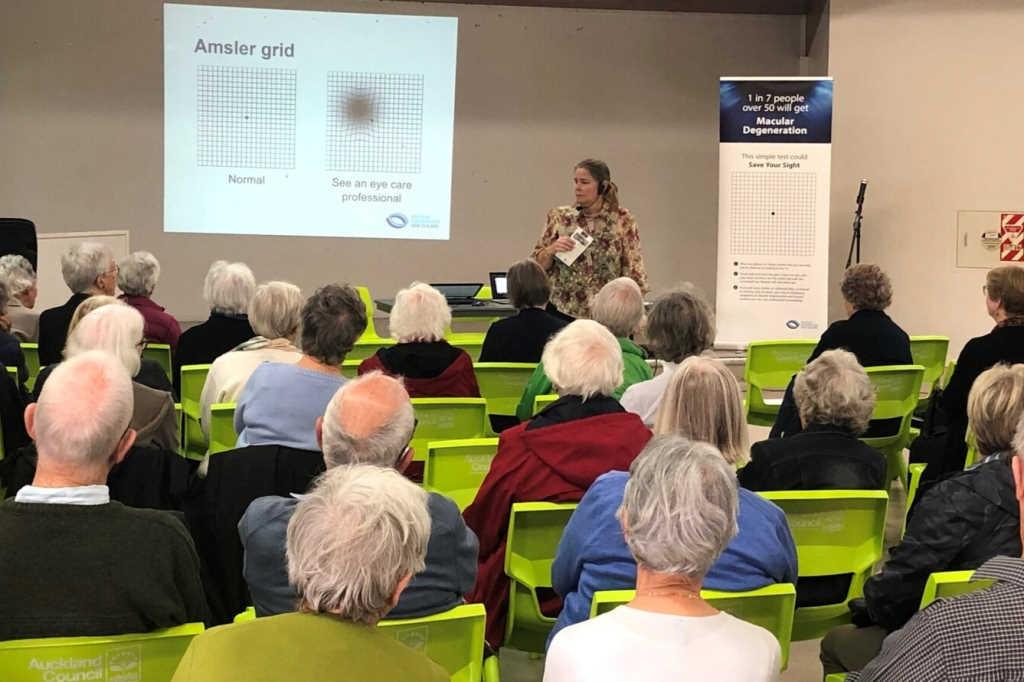Poor patient compliance prompts new service
A new prescription app and delivery service has been launched to try to combat poor patient prescription compliance.
The new system, developed by Auckland-based Zoom Health, allows GPs to send prescriptions straight to a patient’s phone, where they can confirm their delivery address, pay prescription and delivery fees and have their medication delivered to their door by a ‘signature required’ courier. The app also reminds patients when to take medicines and coordinates repeat prescriptions.
Research conducted by Zoom to support the app’s launch, showed the majority (58%) of Kiwis admitted to having forgotten to take a prescription medication, with a third actively admitting they had not filled a doctor’s prescription. Reasons given included a third who said they felt their condition had changed so they decided not to pick up their prescription; 19% who said they couldn’t spare the time or it was too hard to get to a pharmacy; 19% for cost reasons; and 14% who were scared of side effects.
“Every part of our general practice has over the last 15 years been transformed from a paper-based system and brought into the digital era - but prescription delivery process is still stuck in the dark ages,” said Dr Daniel Wu, Auckland GP and Zoom Health medical director.
Pharmacist Dale Griffiths said the new delivery service is designed to meet the needs of a patient group falling through a significant gap in the system. “Research has shown that improving adherence to medication will have a greater impact on the health of a patient population than any other improvement in specific medical treatments.”
Some estimates say New Zealand could save more than $1bn a year in unnecessary healthcare costs if all patients took their preventative medications correctly, he added. “While the research showed patients were more likely to be adherent to antibiotics, they were least likely to be adherent to medicines such as those used to treat respiratory disease.”



























